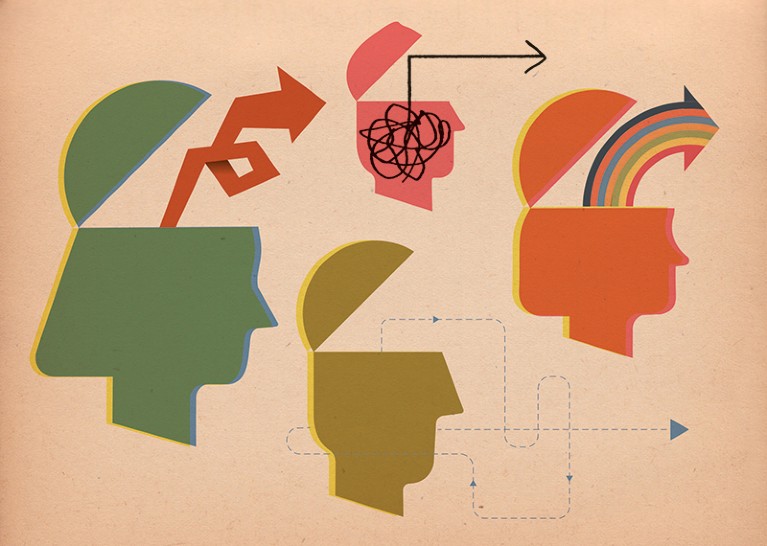
Credit: Andrew Baker
Doing research encompasses much more than executing projects. Laboratory leaders must craft the scope of their programmes, mentor students, collaborate and determine the impact they want their work to have. Their approaches to leadership and how to achieve professional goals are shaped by career setbacks and successes, personal circumstances and life events. Four lab leaders discuss how they developed their research philosophies and offer tips for those seeking faculty positions.
SONAL SINGHAL: Be honest with yourself
Evolutionary biologist at California State University Dominguez Hills in Carson, California.
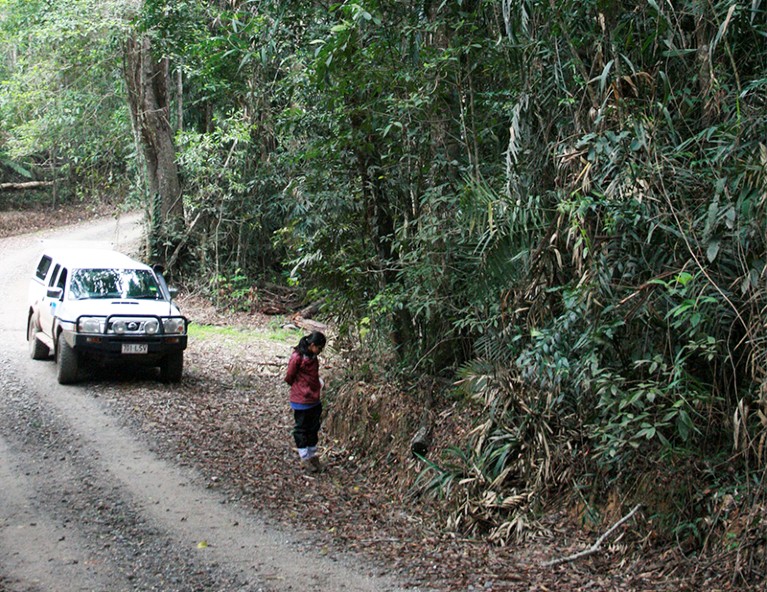
Sonal Singhal searches for lizards during fieldwork in Australia.Credit: Ben Phillips
My research philosophy is to build collaborations to better understand the diversity of life around us and to cultivate a lab that is a fun and safe place to do science and grow.
There are a lot of decisions that I have to make as a faculty member, and I’m prone to decision fatigue, as I imagine a lot of us are. Having a set of values, and knowing what matters to me, makes it easier to make decisions.
I started my lab in August 2017 and use computational biology and genetics to understand how new species arise. When I started at California State University Dominguez Hills in Carson, I realized that one of the most important things for me is to do research projects that involve other people. Collaborating allows me to access resources that I don’t have at my institution, and having more people involved makes my science better. People bring different perspectives, suggest interesting papers to read and share ideas for new types of analysis. Another reason I like collaborating is that it sets deadlines for me and helps me to stay motivated.
A lot of my collaborations are with people I went to graduate school with at the University of California, Berkeley. It’s important to work with people you trust: you feel comfortable shooting off ideas with them, and it’s easier to admit when you’re wrong or confused. Now, I strive to create a fun lab space where my students feel they can trust me and each other.
Part of Nature Career Guide: Faculty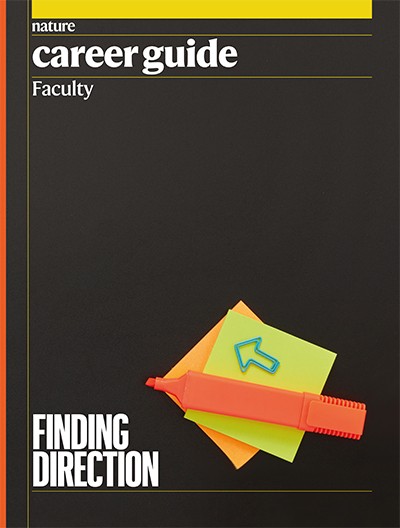
Along with trusting other people, I’ve learnt how to be more honest with myself. When I was a postdoc, I would lie to myself that I could work long hours and manage multiple projects at once. But whenever I worked late, I would make mistakes in my code, or my writing wouldn’t make sense. I’ve also learnt that I can focus on only one major project at a time.
Ultimately, you have to work out what makes research sustainable for you and what makes you happy, and the answers are different for everyone. I remember that my PhD adviser, in a very well-meaning way, said that I should go where the best job was. I didn’t ask him to clarify at the time, but I didn’t know what “the best job” meant. Is the best job where you’re going to be happiest? Is it where you have the best colleagues, or where you’re closest to your parents? I think he’s right that you should go wherever the best job is, but you have to work out what’s best for you.
For me, as an Indian American and a child of immigrants, the best job is where I get to work with students from diverse backgrounds and also be in a place that’s diverse. The United States is a diverse country, and I think institutions and organizations, including my research group, should reflect that. Everyone should be able to do science if they want to. Moreover, I think bringing more people into the fold can improve the quality of our science and the types of question that are asked.
MARTIN BROADLEY: Africa changed me
Plant-nutrition researcher at the University of Nottingham, UK.
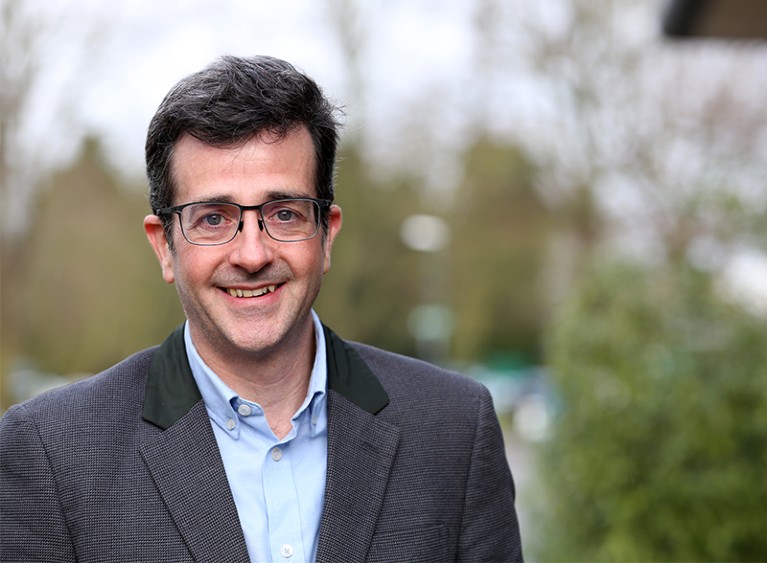
Martin Broadley keeps applied goals in mind.Credit: University of Nottingham
My research philosophy is to do work that’s enjoyable, has an applied goal and positively affects society.
When I started my career in science in the late 1990s, I saw research primarily as an enjoyable thing to do. And being able to get paid to do it was a dream job, like being an astronaut or a soccer player. Then, around 2009, I started working with colleagues in Malawi, studying micronutrients in crops. The initial project was developed by a PhD student I supervised, but it expanded into various field trials and crop surveys. Since then, I’ve mostly studied the nutritional quality of staple crops, such as maize (corn), wheat, barley and sorghum, in sub-Saharan Africa and South Asia.
People in Malawi face some huge challenges in terms of hunger, malnourishment and poverty. As someone from the United Kingdom, I became aware of the power dynamics and equity issues at play as I travelled around the country and interacted with people who lived there. When a funding opportunity came about to develop the capacity for PhD training programmes in southern Africa, I decided to take it. That was a massive shift for me in terms of my research philosophy. Rather than just doing a single research project focused on a specific question, I started thinking about developmental challenges and how to strengthen a region’s capacity to do research.
I started asking questions such as how a university operates when there’s very little research funding and when there isn’t necessarily the research-focused culture that there is in the United States or Europe. There are so many talented undergraduate and master’s students at universities in southern Africa. How do you provide opportunities for them to do scientific research in Africa and enable them to go into doctoral programmes there? How do you make those doctoral training programmes sustainable, so that current PhD students can serve as role models for undergraduate and master’s-level students?
Transitioning into this type of research has been incredibly rewarding. Although I want to continue enjoying the work that I’m doing, I also want to feel that it has an applied goal and positive effects on society.
CASEY FIESLER: Let students inform your research direction
Information scientist at the University of Colorado Boulder in Boulder, Colorado.
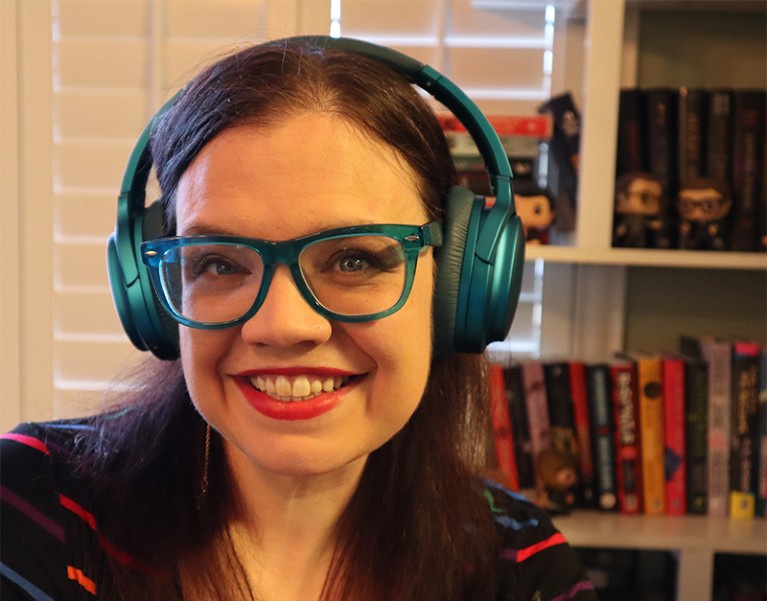
Casey Fiesler helps her students to pursue their interests as part of her research philosophy.Credit: Casey Fiesler
My research philosophy is to adapt the direction of my work according to the interests of my students and whatever projects will best help to meet the world’s most ugent needs.
Although the overall scope of my research doesn’t change, the specific projects vary depending on which students decide to come and work with me. For instance, I used to do a lot more law-related research, but the students who have worked with me recently are more interested in ethics and online communities, so the focus of my work has shifted strongly in that direction. A good example of this is the research that my PhD student Shamika Klassen is doing on Black Twitter — an informal online community of mainly Black users, where conversations focus on topics of interest to the Black community. She’s using Black Twitter to understand how a marginalized group of people uses a technology to build a community for itself online.
Right now, I am advising five doctoral students, so there are a lot of different projects going on in the lab. I always ask new students what they’re interested in and what ideas they have for their dissertation. I like giving them flexibility — and there’s a lot of space for fresh ideas in the realm of technology ethics and online communities, which is our main research area, alongside human–computer interactions. This approach stems, in part, from my experience as a PhD student. My adviser’s style was to bring in students whose specific interests fell within her general area of expertise, and then let them do what they wanted to do. My dissertation was about copyright, which she didn’t know much about until I started.
This year, I received a National Science Foundation Career grant to research how to help people think more about the potential for harm when they’re designing technology. Because these grants last five years, I had to think about my longer-term research programme while also developing project ideas that were relevant to the work being done by the students I’m currently advising. If I had written my grant proposal a year earlier, when projects in the lab were focused on online-content moderation and governance, it would have been something quite different.
Although my students and grant funds influence what I focus on, I always have ideas for new projects in the back of my head. I keep a spreadsheet of all the lab projects we’ve worked on, with a list at the bottom of ones that stopped for various reasons. Sometimes, that’s because the data we collected weren’t interesting; other times, I’ve been limited by capacity. But it’s much more likely that a project I’m leading gets stalled so that I can prioritize my students because their work is more time-sensitive.
When I have the bandwidth to start something new, I try to think what sorts of project would be the most urgent, interesting and useful. For instance, I’ve done some work in the past on content moderation on social media because making decisions about where the line should be drawn between unreasonable censorship and protecting people from harm is really hard. In the broader scheme of things, understanding the real impacts of technology on the people that use it can help to improve how it’s designed. I think it’s really important to understand how your research is going to be helpful for the world.
KIT MAGELLAN: Don’t limit yourself
Behavioural ecologist at the University of Battambang in Krong Battambang, Cambodia.
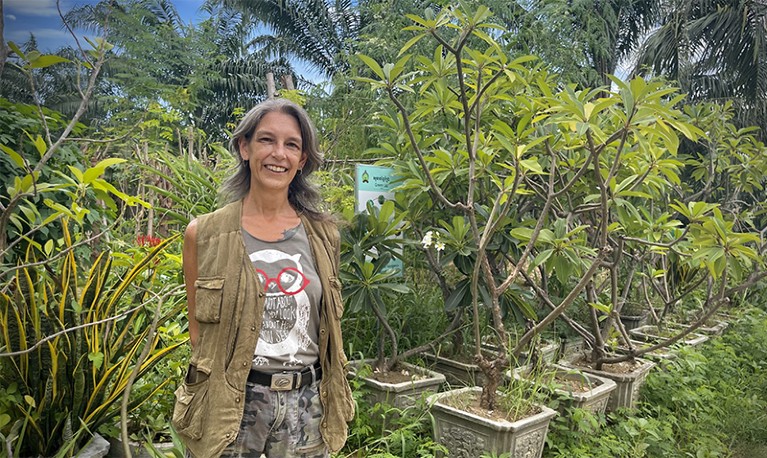
Kit Magellan aims to remain open to new ideas, even when they challenge her thinking.Credit: Sreynget Lo
My research philosophy is to be open to exploring new questions, developing new relationships and taking advantage of as many opportunities as I can.
My background is in behavioural ecology, but since starting my position in Cambodia as a research professor in 2018, I’ve tried to enhance local knowledge about fish, aquaculture, invasive species and conservation. I’ve just been awarded funding for a project investigating how invasive species, plastic waste and agricultural pollution affect fish species in the Indo-Burma biodiversity hotspot, which covers more than 2 million square kilometres of tropical Asia.
I’ve had a slightly unusual path into academia. I left school at 15, so academic research wasn’t something I even knew I could do until I started pursuing an undergraduate degree at the Open University (OU) when I was 25. The OU is a distance-learning institution, and when I was there, from 1995 to 1998, all correspondence was through ‘snail mail’ or a landline. At the time, I didn’t have the information or advice I needed to think about an academic career path: I just thought I was lucky to have discovered science and learning.
I’ve also always loved travelling, and doing research gave me an opportunity to move around the world and experience different places. I pursued a master’s degree in Wales and a PhD in Scotland. I didn’t realize that an academic career was right for me until a few years into my PhD, after I’d spent time in universities and received a lot of advice from friends and colleagues. After I graduated, I went on to postdoc positions in South Africa and Spain. By the time I got to Spain, I was starting to get burnt out by academia and the job-application process, so I decided to take a year-long sabbatical to wrap up some projects and think about my next steps. Although I encountered some hesitancy about taking a sabbatical after a postdoc, it was a really helpful and productive time for me. Then, a year later, I resumed my job applications and took a research fellowship in Hong Kong.
More recently, my research has expanded to focus on education and advocacy. Educational opportunities in Cambodia are quite limited for girls, who often leave school by the age of 12. To address this, I organized the first Battambang Girls for Science competition, which brought together nearly 150 girls from three private schools to present science projects. Local women’s charities, businesses and non-governmental organizations provided food and sponsored prizes, too. My overall goal is to help girls and women understand that they can pursue careers in science, technology, engineering and mathematics, and get a master’s or PhD, if they want to.
My research philosophy was shaped by my personal background and these experiences. I don’t want to limit myself, so I try to always be open to new ideas and new questions, even if they challenge my current thinking. Although I haven’t had the most straightforward research career, I think I have successfully followed my own path. I’ve been able to work with a lot of great people and take advantage of collaborative opportunities. I always try to get involved with interesting projects when I can, especially those that can have an impact on conservation and gender equity.
It’s difficult to settle on an exact definition of a research philosophy, but I gravitate towards an adaptation of a quote from the Roman philosopher Seneca when I think about it. “Research is where preparation meets opportunity,” and I always try to be ready for opportunities. In looking back at my many applications for academic positions, they often asked for a teaching philosophy, but never for a research philosophy. Perhaps this is an oversight that needs to be addressed.

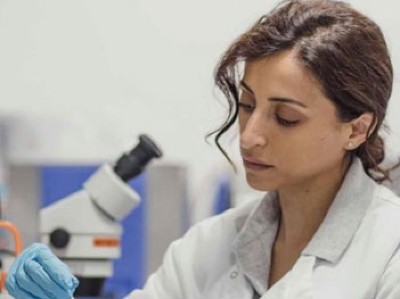
 How researchers are ensuring that their work has an impact
How researchers are ensuring that their work has an impact
 Settling in: the first four years of a lab leader
Settling in: the first four years of a lab leader
 How junior scientists can land a seat at the leadership table
How junior scientists can land a seat at the leadership table
 Diversity in science: next steps for research group leaders
Diversity in science: next steps for research group leaders
 How philosophy is making me a better scientist
How philosophy is making me a better scientist
 Collection: Careers toolkit
Collection: Careers toolkit





